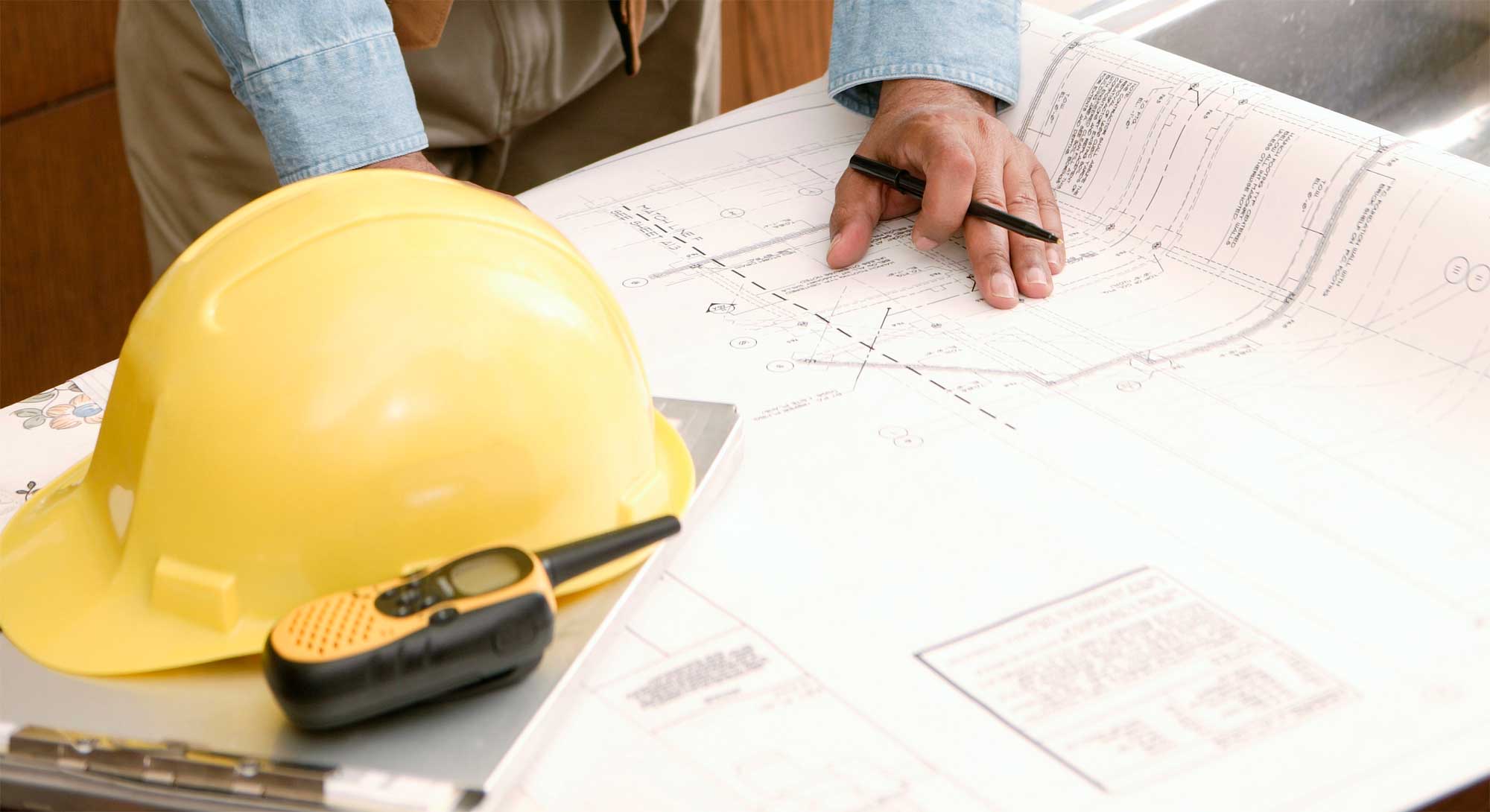How To Hire A General Contractor
What You Need To Know Before Hiring A General Contractor
When it comes to home improvement projects, hiring a general contractor can be a project in itself. The right general contractor can make or break a project, and it’s important to be informed and aware of the decision you are about to make.
You should understand the process of…
- Finding and hiring a contractor
- Knowing the qualifications of a good contractor
- Knowing the cost of a contractor
- Evaluating Bids
Knowing these important details can help you make an informed decision and ensure that you get the best contractor for the job.
Finding and Hiring a General Contractor
New York State only requires a contractor to be licensed in the cities of New York and Buffalo, and in the counties of Suffolk, Nassau, Westchester, Putnam, and Rockland. If your project does not fall in these areas you need to be careful who you choose for your project.
Because contractors do not need any state licensing you must try to only consider contractors who have been referred to you by someone you trust.
Create a list of contractors, and narrow this list down to a few contractors that you are interested in hiring. Next, contact these contractors and ask for more information about their business. You will want to ask about their experience, credentials, references, and hourly rate.
- Compare contractor prices. After you obtain estimates from several potential contractors, you will want to compare contractor prices. You can do this by…
- averaging out contractor prices
- choosing the least expensive contractor
- or choosing the most experienced contractor
Whichever method you choose, it’s important to be honest with yourself and select a contractor based on your budget and not emotions.
- Sign the contractor agreement. When you find the perfect contractor for your project, the last step is to sign the contractor agreement. This agreement will outline the terms of the project and the relationship between you and your contractor. Make sure to read through the contract thoroughly so you understand all the terms and conditions.
Knowing the Qualifications of a Good General Contractor
When you are searching for the perfect contractor, it’s important to look for contractors that meet your specific qualifications. A good contractor will have certain qualities, skills, and experience that make them the best option for your project. Some of the most important qualifications of a good contractor are as follows…
- References. When you are searching for contractors, be sure to ask for references. References can be a good indication of how the contractor works and if they can be trusted. A good contractor will have positive references and references from past clients you can contact.
- Licenses and certifications. Another important qualification of a good contractor is if they have the necessary licenses and certifications. This will ensure they are legally allowed to work in your area and that they know what they are doing.
- Review contractor insurance and bonding. Another important thing to look at when researching potential contractors is their insurance and bonding. This can help ensure that in the event something goes wrong during the project, the contractor will be held accountable.
- Trustworthy. One of the most important qualifications of a good contractor is trustworthiness. You need to trust that your contractor is honest, reliable, and that they will finish the project on time and on budget.
Brock is awesome to work with. His work is first rate and he communicates every step of the way. The company replaced our deck, painted our home, repaired our gutters and steps and installed new facia on our garage. Brock will take good care of you. Thrilled to have found a trustworthy company to repair and upgrade our home. -SZ
Knowing the Cost of a Contractor
Although you want to find the contractor with the best qualifications and cost is a big factor, you also need to know how to calculate contractor costs. Understanding contractor costs can help you understand the process and better prepare you for the final bill.
- Hourly rate. The hourly rate is how much a contractor charges for an hour of work. This can be one of the most important factors in contractor costs. You can use this to calculate how much a contractor will cost you for a certain amount of time. For example, if the hourly rate is $40 per hour and the contractor will work 8 hours per day, they will cost $320.
- Material costs. Materials can make up a large part of the cost of hiring a contractor. To determine the cost of materials in your project, you can use an online estimator. These calculators take the square footage of your project and the type of materials you want to use and provide an estimate.
- Other fees. Other fees such as travel fees, permit fees, and taxes can affect contractor costs. Be sure to ask your contractor about these fees so you know what to expect.
Evaluating Bids
Before you decide to hire a contractor, you will need to obtain contractor bids for your project. Bids are an estimate of how much a contractor will charge for a project. You can obtain bids from several different contractors and then compare the estimates to help you decide which contractor to hire. There are a few things you should keep in mind when evaluating bids.
- It’s not a competition. Although you may want to hire the contractor with the lowest bid, this can be a mistake. The lowest bid could come from an unlicensed contractor that doesn’t have the qualifications or insurance you need for your project.
- The bid is not written in stone. Once you receive bids, you can call the contractors to ask them questions about their estimates. This can help you learn more about the estimates and determine if they are the right contractor for you.

